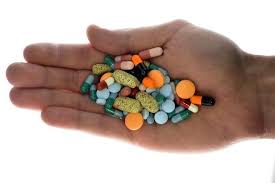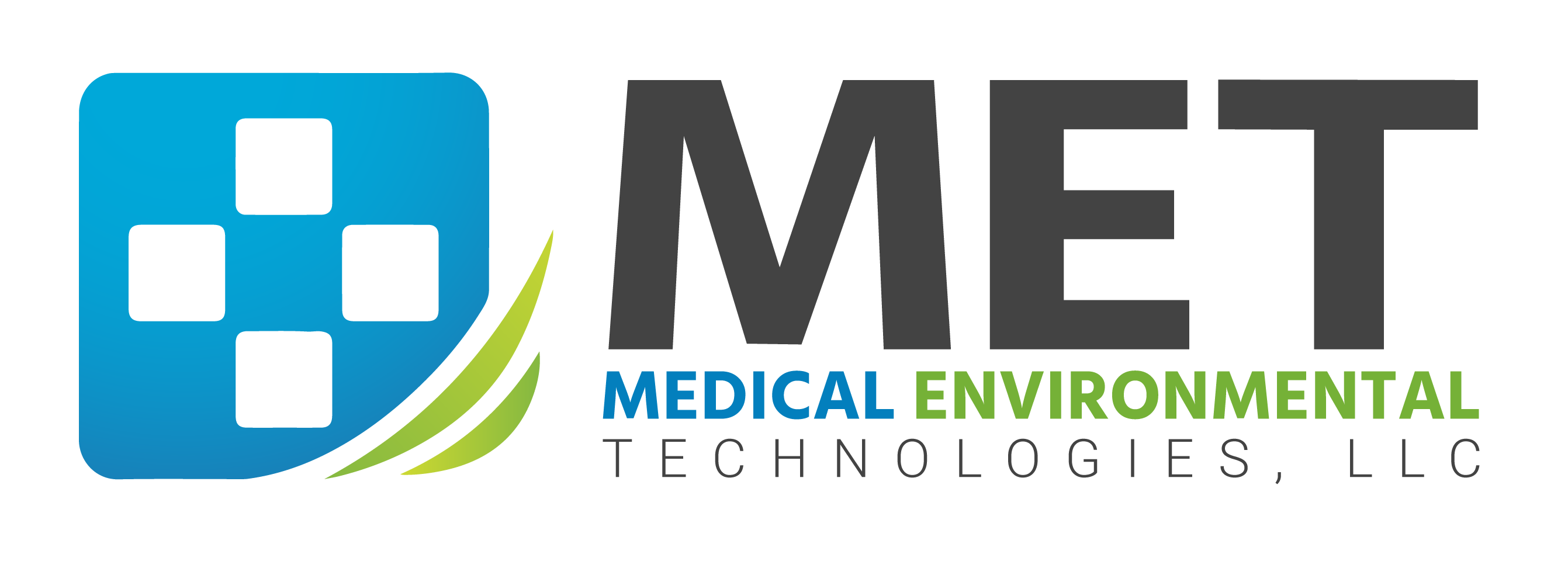Disposing of Controlled Substances
12/16/2019

Drugs and some chemicals are divided into five schedules depending on their use and their dependency potential. Many people, pharmacists included, aren’t always sure of how to dispose of such substances when they are no longer needed. In fact, the American Pharmacists Association put a notice on their website a few years ago telling people not to return their unused controlled substance meds to their pharmacy! The Controlled Substances Act makes no provisions for pharmacies to take such drugs back.
So, what’s a person to do? Years ago, they used to be simply poured down the drain or flushed down the toilet. Of course, we’ve since realized the environmental damage this causes, not to mention that the chemicals often end up in the drinking water. A couple of years back, traces of prescription medications were found in the drinking water of over forty million Americans. This included the tap water of more than twenty-four major metropolitan areas.
Crushing them up, mixing them with sawdust or coffee grounds and putting them in the trash is not acceptable to the DEA’s standards either. The drug must be rendered non-retrievable. The medication’s physical and chemical composition must be altered irreversibly, making it unusable again. This means that for healthcare facilities such drugs cannot be put into a sharps bin or a non-hazardous pharmaceutical waste bin.
So far, the only acceptable means of disposal is to place the drugs in a pharmaceutical waste container that is earmarked for incineration. They should then be handed over to an Authorized Reverse Distributor registrant who is authorized to receive such substances.
If your healthcare facility or medical practice is struggling with how to dispose of unwanted controlled substances, contact Medical Environmental Technologies today for a quotation.
So, what’s a person to do? Years ago, they used to be simply poured down the drain or flushed down the toilet. Of course, we’ve since realized the environmental damage this causes, not to mention that the chemicals often end up in the drinking water. A couple of years back, traces of prescription medications were found in the drinking water of over forty million Americans. This included the tap water of more than twenty-four major metropolitan areas.
Crushing them up, mixing them with sawdust or coffee grounds and putting them in the trash is not acceptable to the DEA’s standards either. The drug must be rendered non-retrievable. The medication’s physical and chemical composition must be altered irreversibly, making it unusable again. This means that for healthcare facilities such drugs cannot be put into a sharps bin or a non-hazardous pharmaceutical waste bin.
So far, the only acceptable means of disposal is to place the drugs in a pharmaceutical waste container that is earmarked for incineration. They should then be handed over to an Authorized Reverse Distributor registrant who is authorized to receive such substances.
If your healthcare facility or medical practice is struggling with how to dispose of unwanted controlled substances, contact Medical Environmental Technologies today for a quotation.
